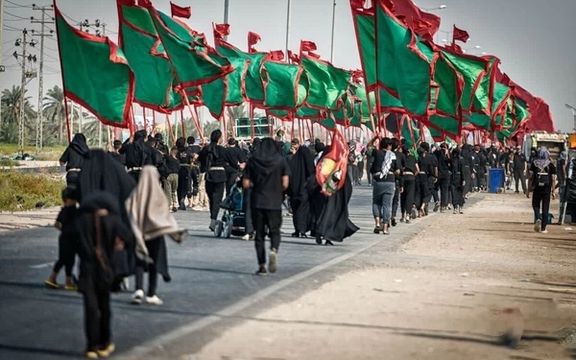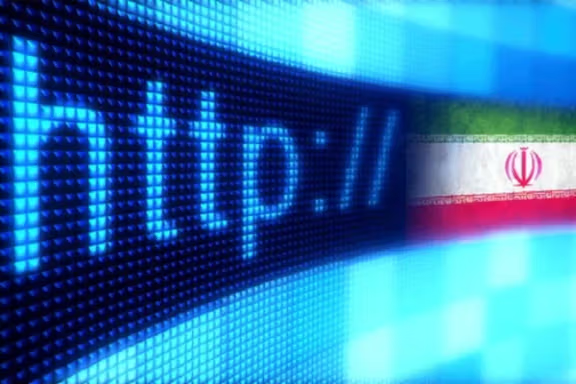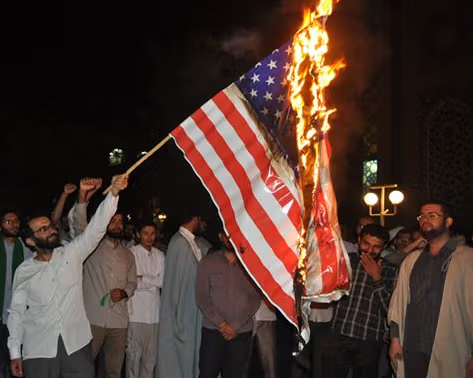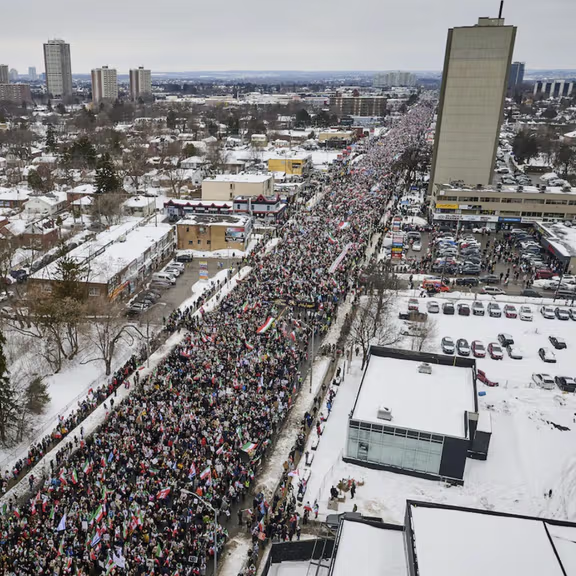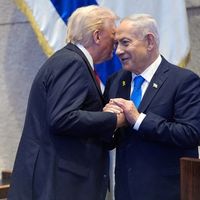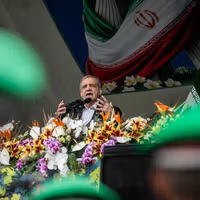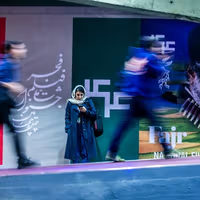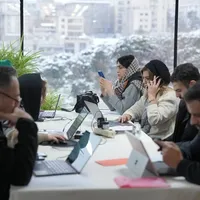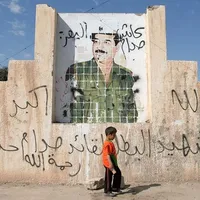“When such disruptions occur, the message to businesses is clear: the infrastructure cannot be trusted. That means instability—and it brings digital development to a halt,” said Pouya Pirhosseinlou, head of the Internet and Infrastructure Committee of the Tehran E-Commerce Association.
In late June, Iran’s parliament passed a law criminalizing the use or import of unauthorized communication tools such as Starlink with prison terms of six months to two years for people found using or importing such equipment without approval.
Anyone found importing more than 10 Starlink terminals “with intent to oppose the Islamic Republic” face five to 10 years in prison under the new statute.
Despite these prohibitions, the committee fifth internet quality report, released on Sunday, said that the use of Starlink satellite internet continues to rise.
The report placed Iran 97th out of 100 countries—ranking only above Cuba, Turkmenistan, and Sudan—detailing chronic slowness, frequent outages, and widespread blocking of services.
The damage from official filtering policies is structural and inescapable, Pirhosseinlou said.
“Even if we had America’s infrastructure, Iran’s internet would still be full of disruptions because of current filtering,” he added. “Filtering equipment is inherently disruptive. It causes serious malfunctions across many emerging protocols and websites.”
The Islamic Republic seeks to contain the growing appeal of Starlink, which offers users access to uncensored, high-speed internet beyond government control.
On June 23, amid the war with Israel, Iran’s Ministry of Communications submitted a formal complaint to the United Nations International Telecommunication Union (ITU), alleging Starlink was operating in Iran without a license.
The Revolutionary Guards-affiliated Fars News published a copy of the complaint, which followed Starlink’s activation inside Iran during widespread wartime internet shutdowns in June.
On June 14, one day into Israel's attacks on Iran, Starlink founder Elon Musk confirmed on X that “the beams are on,” signaling the service was operational as the country's internet went down in huge swathes of Iran.
Pirhosseinlou previously told ILNA that “over 30,000 unique users are utilizing satellite internet,” and the total number of users exceeds 100,000.
VPN use still expanding
However, the situation remains unreliable. “Many websites remain filtered, forcing user traffic through distant, inefficient routes and lowering speed,” Pirhosseinlou said.
“Our findings show that 93 percent of youth and 86 percent of the general public use VPNs. Even on unfiltered websites, users keep VPNs on—further degrading national internet performance.”
“Today, around 700,000 small businesses operate on Instagram. At least one million jobs are tied to that platform alone. Disruptions here directly hit people’s livelihoods.”
Government pledges remain unmet
Hamidreza Ahmadi, vice-chair of the committee, agreed, and criticized recent government promises to ease restrictions in a country where livelihoods depend on being connected.
Platforms like Instagram and Telegram remain central to Iran’s informal economy. “Based on survey data, 60 percent of people earning income from social media name those two platforms as their main sources of revenue," he said.
Continued instability risks compounding social and economic damage, he warned. “This situation threatens the capital—both social and financial—that has formed on these platforms.”
During June's 12-day war with Israel, the government imposed massive blackouts across the country, citing security concerns, but since the ceasefire, issues remain.
“On June 25, the minister said the internet had returned to its previous [pre-war] state. But technical data didn’t support this. Days after the ceasefire we see slight improvements—and serious technical issues still persist," Ahmadi added.
Pirhosseinlou directly challenged the president’s election campaign last year on internet freedom. “If the president has promised access to a free internet but cannot convince the Supreme Cyberspace Council to lift restrictions, then either he has to change the views—or he should resign.”
In October, rights watchdog Freedom House ranked Iran as having the world’s third most repressive internet environment.


